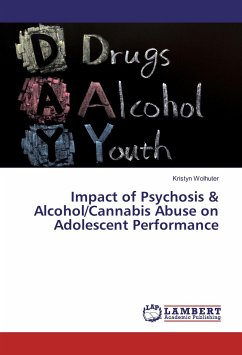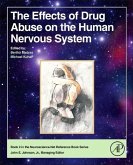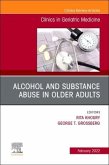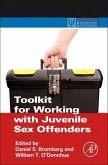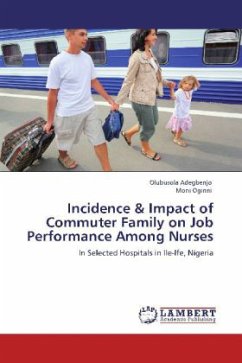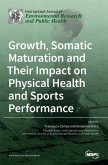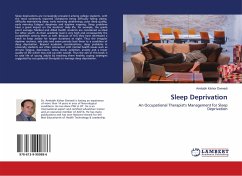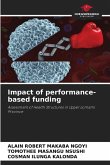Abstract: Individuals suffering from both a psychotic and a substance abuse disorder have shown to have poorer occupational outcomes. This study aimed at determining the exact consequences of substance abuse on occupational performance in order to tailor more specific treatment interventions in the future. Methodology: A once off occupational therapy assessment was conducted using the Activity Participation Outcome Measure (APOM) as the recording tool. The participants were divided into three groups: Alcohol abuse, cannabis abuse and no substance abuse. Results: A statistically significant difference was noted between the alcohol and cannabis groups. The alcohol group achieved a higher level of activity participation in all eight APOM domains (Role performance, life skills, communication, motivation, process skills, self esteem, balanced lifestyle, and affect). The no substance abuse group (individuals diagnosed with schizophrenia) showed the lowest level of activity participation. Conclusion: Cannabis adolescent abuse appears to have a more negative impact on activity participation when compared to alcohol abuse. However, schizophrenia had the most detrimental impact.

